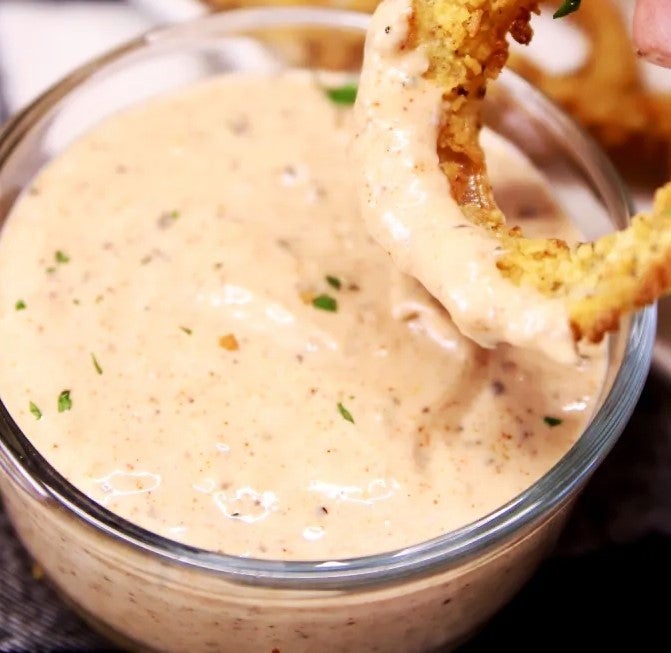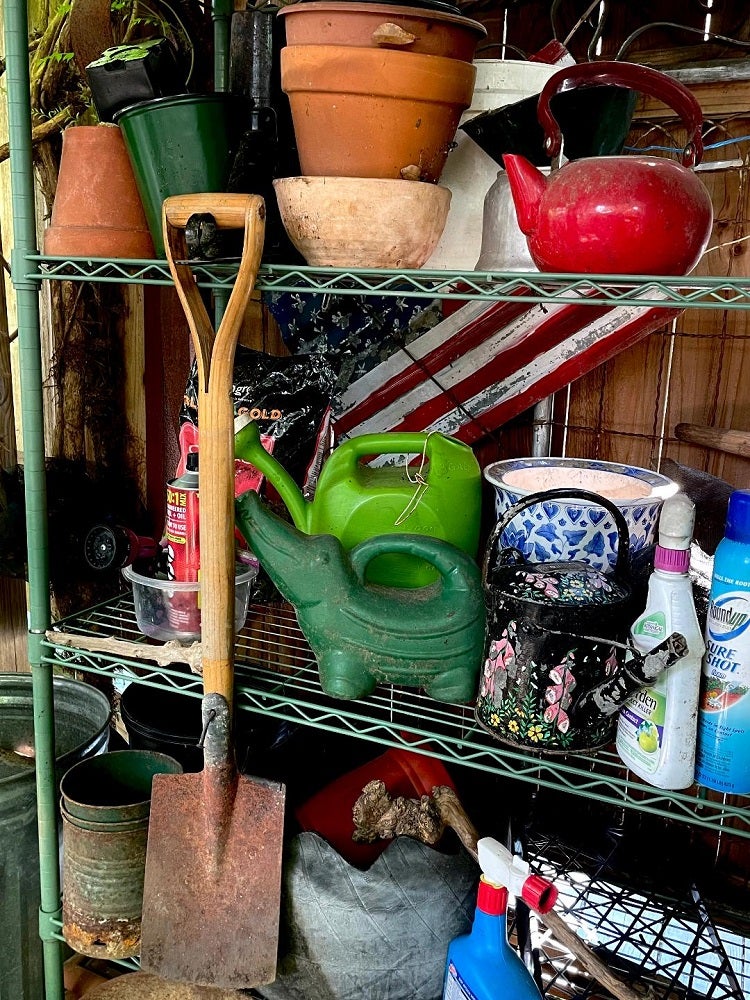Life has killed the dream
Published 7:00 am Saturday, February 4, 2017
By Fr. Jonathan J. Filkins
By penning the extraordinary novel, “Les Miserables,” Victor Hugo firmly established historical fiction in the genre’ of the 1860’s and for us today.
Often referred to as one of the greatest works of the French language, the scope of the novel brings forward the lives of those caught up in the French revolution and their attendant social stratums.
Later years would see the effort brought to the stage and screen, with millions enthralled by the passion, fortitude and grandness of the presentations. In the storyline, we discover Fontine, a woman of earlier repute and stature, who has been reduced to becoming a fired factory worker and then on to being a “soiled dove,” in a Paris brothel.
In the musical version, Fontine’s early soliloquy is most poignant, yet a strikingly familiar situation to so many. Her lament is towards the futility of living itself, and to the seemingly irresolvable challenges and depredations which lay before her. “I had a dream my life would be, so different from this hell I’m living. So different now, from what it seemed, now life has killed the dream I dreamed,” this she cries in her deep abyss of sorrow and futility.
As the story unfolds, we now find the hero and apparent fellow-victim, Jean Valjean, coming to the aid of this most needy woman.
In each, we discover the remedy to hopelessness and the sure necessity of maintaining hope and faith; both in God and humanity.
In the chaos of the Revolution, each finds a grater reason to live, beyond themselves and establish a centering upon their lifting spirits, as they aspire to the betterment of others. In the end, they both learn their country, and themselves, are brought to a greater purpose, as they learn to be as one, rather than be just one.
Let us acknowledge there are many situations, circumstances, and life events which may be called, “dream killers.” Given the normal events of life, we are regularly beset by rationales and reasons, both internal and external, to delay, expunge and reduce even the most basic of our plans, hopes and ambitions. Sickness, sloth, choice, or any of many myriad influences may be the elixir of death to our dreams of life.
Often, much of what we seek is not within our control. How many of us have played the lottery and dreamed of what we would do with the attendant wealth?
In the stark dawn of the following day, our dream is dashed by the reality that we have contributed to the wealth of others and to the state.
Yet, there is the obvious nature of the super-nature, or belief in something greater than ourselves.
It is an axiom that we all have a propensity to get caught up within ourselves, and to deny our reliance upon our Creator. Some may even be angry with God, for He not giving us the dreams we have chosen.
As Christians, we too are allowed to dream. However, our dreams are to be centered in the supernatural reality of Jesus Christ and His Word, as He said to each of us, “Come unto me, all of you who are heavy laden, and I will refresh you.” and, “seek and you shall find; knock and the door shall be opened unto you.”
Miraculously, life is a gift from God, and it is His expectation of us is be alive in Him. When we struggle and when we are in doubt, let us believe in the dreams of Jesus Christ for us, and the love He has for us.
For, by doing so, there cannot be any death in life.




